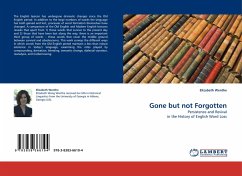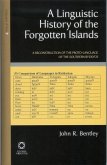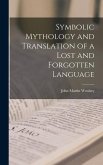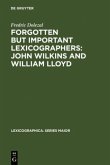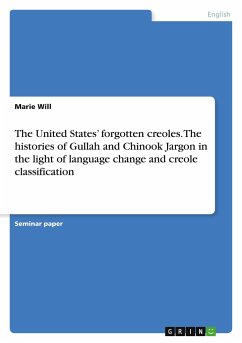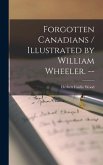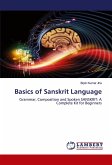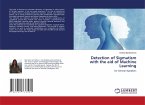The English lexicon has undergone dramatic changes since the Old English period. In addition to the large numbers of words the language has both gained and lost, processes of word formation themselves have changed. A comparison of the Old English and Modern English lexicons reveals that apart from 1) those words that survive to the present day and 2) those that have been lost along the way, there is an important third group of words those words that cover the middle ground between survival and obsolescence. This work surveys the different ways in which words from the Old English period maintain a less than robust existence in today s language, examining the roles played by compounding, derivation, blending, semantic change, dialectal variation, reanalysis, and (re)borrowing.
Bitte wählen Sie Ihr Anliegen aus.
Rechnungen
Retourenschein anfordern
Bestellstatus
Storno

